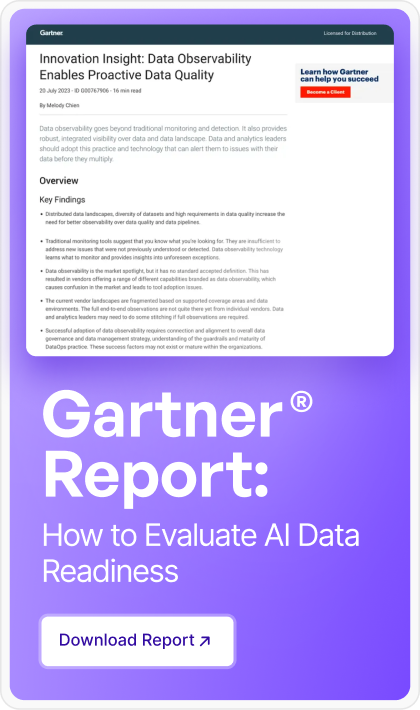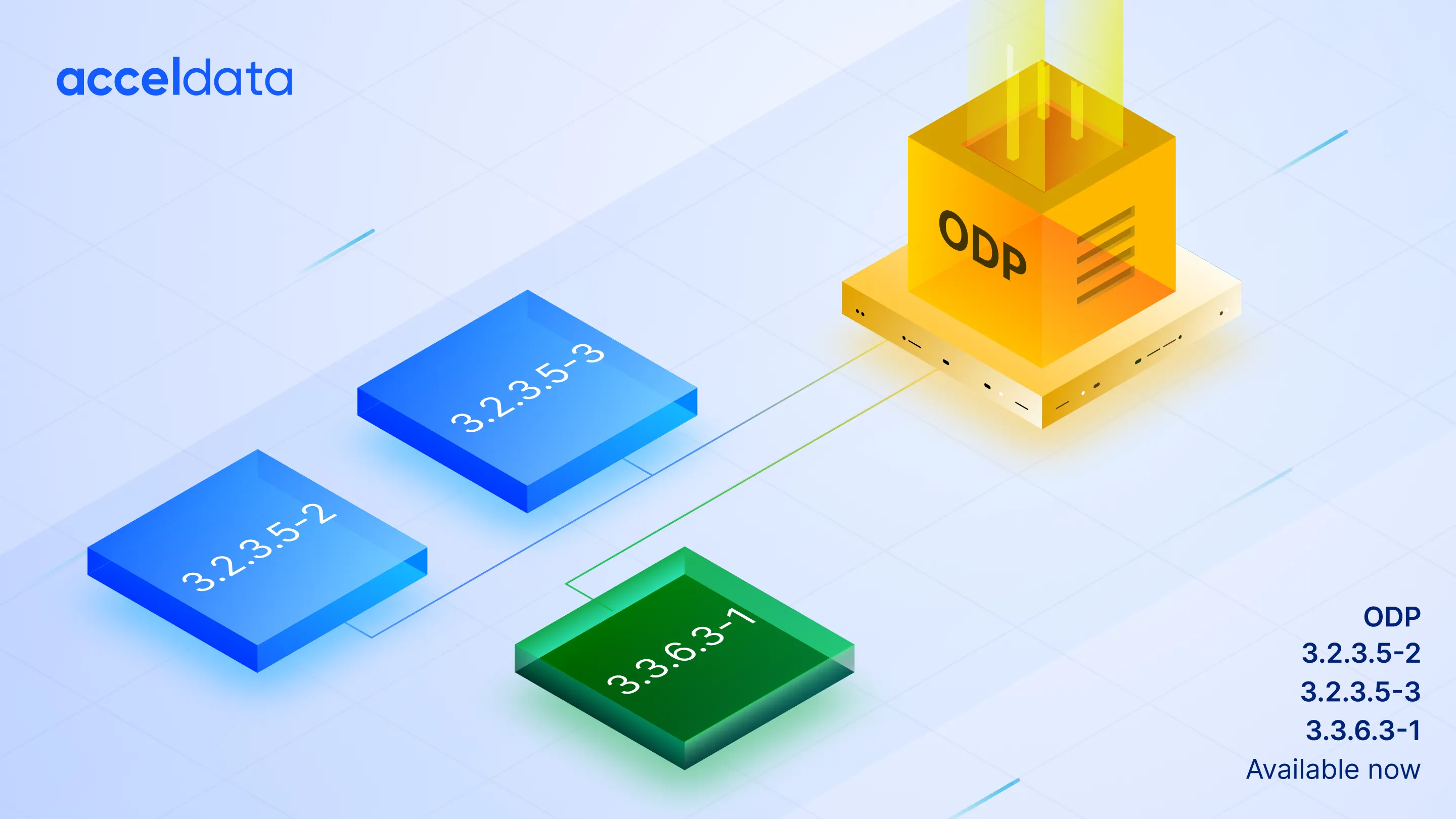“Quality is not an act, it is a habit…”
Aristotle
If Aristotle said it, it’s gotta be important, right?
Well, when it comes to operating a modern enterprise, the impact of data quality may be the single biggest factor in a company's potential for success. OK, that's saying a lot, but at the risk of being hyberbolic, the reality is that data quality is the difference between success and outright failure. In particular, the quality of an organization’s data directly relates to its ability to know customers, market trends, and other aspects of their business which are necessary for success.
Data quality is the degree to which data accurately reflects the real-world characteristics it represents and is free from errors, inconsistencies, and inaccuracies. Data quality refers to the level of accuracy, completeness, and consistency of the data being used in a specific context. It is critical for all enterprises, as the quality of the data impacts the decisions and actions that are based on it. These decisions form the direction – in both the short and long term – that an organization takes.
When data is inaccurate, incomplete, or inconsistent, it can lead to incorrect insights, bad business decisions, and ineffective use of resources. Additionally, when good data goes bad, it can also negatively impact the customer experience, leading to reduced trust and satisfaction. On the other hand, high-quality data helps organizations build trust and credibility with stakeholders, supports accurate analysis and decision making, and improves operational efficiency.
It’s important to note that data is not just about long-term strategizing, however. Data informs the decisions of just about every worker, and over time, there becomes a compounding effect of the linear progression of decisions made within an organization. If there is no foundation for good data quality, then decision making is ultimately – and often, unwittingly – just building a house of cards.
Characteristics of Good Data Quality
The characteristics of data quality are the elements that make it fit for its intended use and enable accurate, reliable and trustworthy decision making. In particular, if you’re an organization looking for how to improve your data quality, you should focus on these key characteristics:
- Accuracy: The data must accurately reflect the real-world characteristics it represents and be free from errors and mistakes.
- Completeness: The data must contain all the information necessary to support its intended use.
- Consistency: The data must be consistent across all sources and applications and conform to established standards and norms.
- Timeliness: The data must be available when needed and must be updated regularly to ensure its relevance.
- Relevance: The data must be relevant to its intended use and meet the needs of its intended audience.
How Can Enterprises Improve Their Data Quality?
Establishing a data quality framework involves defining roles and responsibilities for data management, establishing policies and procedures for data quality, and ensuring that everyone involved with data is aware of the importance of quality data. Implementing data quality controls involves putting in place automated checks and processes to detect and correct errors, inconsistencies, and inaccuracies in the data.
Investing in a data observability solution has been identified as the most important step towards significantly improving the quality of the data by reducing errors and inconsistencies in all data repositories and across data pipelines. Regular monitoring and evaluation of data quality performance is also important to ensure that any issues are identified and corrected in a timely manner.
Finally, collaboration with stakeholders across the enterprise, including IT, business units, and customers, is essential to ensure that their data quality requirements are met. By working together, enterprises can achieve a shared understanding of what constitutes high-quality data and ensure that all data is of the highest quality.
How Does Data Observability Support GoodData Quality?
Data observability refers to the ability to monitor, diagnose and understand data issues in real-time. In terms of enterprise data quality, data observability helps in several ways. Firstly, it enables organizations to track the flow of data from its source to its final destination, which helps to identify any potential issues that could impact the data's accuracy and integrity. Secondly, with data observability, organizations can proactively monitor the health of their data pipeline and take corrective action when necessary, ensuring that data is consistently high quality. Thirdly, by providing a unified view of the data landscape, data observability helps organizations to identify any redundancies or gaps in their data, allowing them to make more informed decisions about data governance and management. Enterprises that commit to data observability are able to develop a trusted strategy and execution plan that helps them maintain trust in their data by ensuring its accuracy, completeness, and reliability, which is essential for making data-driven decisions.
Data Observability From Acceldata
Acceldata is the top choice for enterprise data observability, offering solutions to organizations striving for excellence in their data products. Its multi-faceted approach provides comprehensive insights into the entire data infrastructure, enhancing data quality, pipeline stability, computational performance, and cost-effectiveness. Acceldata ensures that data teams have complete transparency, giving them the power to guarantee high-quality data, optimize data flow, and rectify any issues.

Acceldata's solutions have been embraced by global enterprises, such as Oracle, PubMatic, PhonePe (Walmart), Verisk, Dun & Bradstreet, and many more.
To learn more about our solutions and how we can help you take control of your enterprise data, request a demo of the Acceldata Data Observability Cloud.
Photo by Daniele Levis Pelusi on Unsplash






.png)



.png)






.webp)
.webp)


